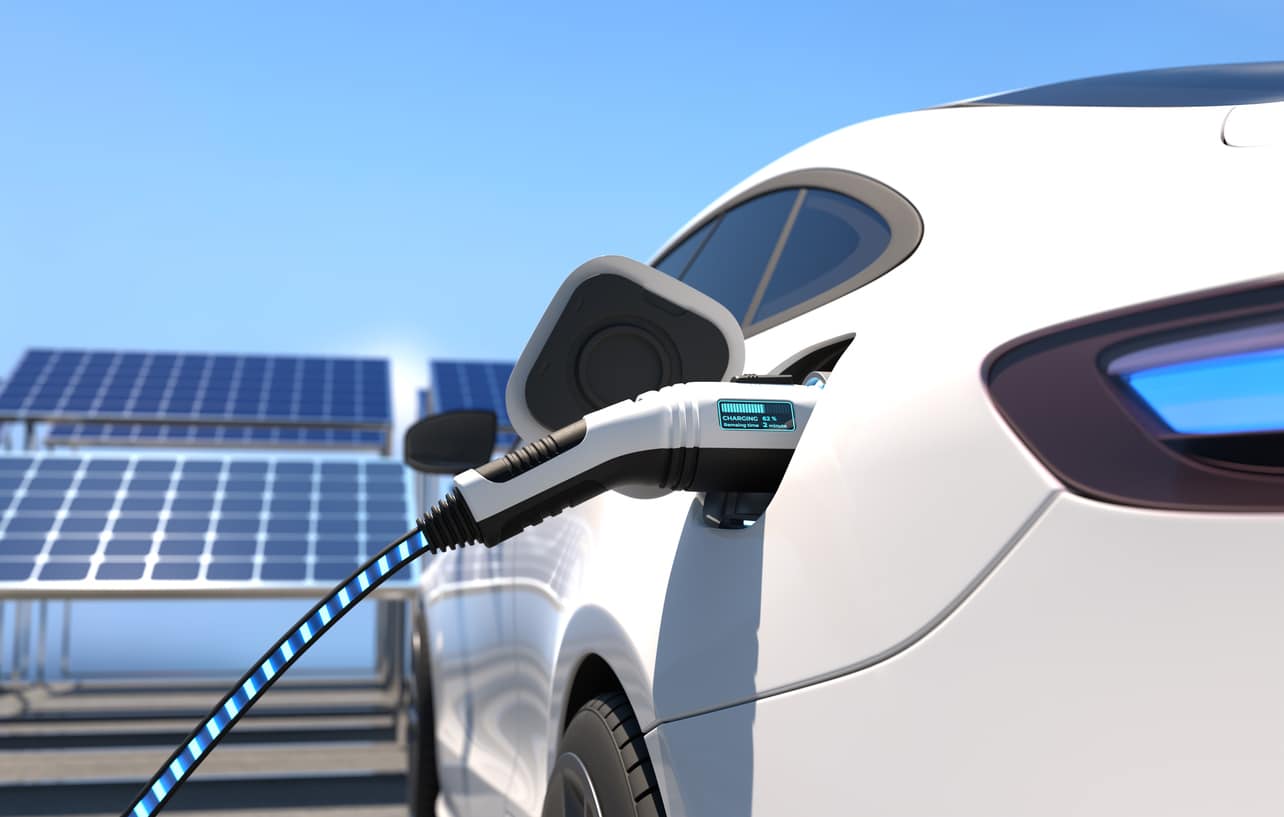
All cars must undergo evaluation from an insurance company before the insurer can determine the appropriate, fair rates. As part of the evaluation, insurers may consider fuel efficiency. While fuel economy refers to how many miles you can drive per gallon of fuel, fuel efficiency refers to how your car utilizes fuel. This article sheds light on how your vehicle’s fuel efficiency can affect your auto insurance rates, helping you shop for coverage with confidence.
How Fuel Efficiency Impacts Auto Insurance
Opting for a fuel-efficient vehicle can protect the environment and your wallet. When comparing standard versus fuel-efficient vehicles, a fuel-efficient vehicle undergoes less wear and tear per mile.
As such, fuel-efficient vehicles may present less of a risk than standard cars, which tend to have more maintenance issues associated with high mileage. The lower your perceived risk on the road, the lower your auto insurance rates.
In addition, fuel efficiency is just one attractive feature touted in newer models. Automakers building cars with desirable fuel efficiency typically also include various safety features, like lane assist, backup cameras, and blind-spot monitors — all of which add up to insurance savings.
Generally, the most fuel-efficient cars are either electric or hybrid. To entice people into protecting the environment, many insurers also offer discounts for hybrid or electric vehicles.
State Regulations and Insurance Discounts
Some states encourage insurance companies to provide discounts to drivers who have fuel-efficient vehicles. Many insurance companies have a “green discount,” which typically reduces rates by 5% to 10% for policyholders with electric or hybrid vehicles. In contrast, those without fuel-efficient vehicles may see higher premiums.
Additionally, some states, including Massachusetts, offer tax rebates to electric car owners. The U.S. Department of Energy also offers up to $7,500 in tax credits if you buy a qualifying electric vehicle.
Balancing Fuel Efficiency and Auto Insurance Costs
When it comes to your vehicle, various factors influence insurance premiums. Fuel efficiency is only a fraction of your overall insurance prices. Your auto insurance costs depend on multiple factors, including:
- Vehicle age. Older vehicles tend to have more maintenance issues, fewer safety features, and less fuel efficiency, so their rates may be higher than those of newer cars.
- Size. Larger vehicles tend to cost more to insure because they can cause more damage in an accident.
- Driving record. If you have a poor driving record, insurers may consider you a high-risk driver.
Likewise, there are various types of coverage to consider. For example, if you have a vehicle loan you’re paying, you may need gap coverage if the car becomes totaled. Your coverage needs will depend on your budget and lifestyle.
Saving on Massachusetts Auto Insurance
To determine premiums, insurance companies will perform a risk assessment on your vehicle. Because fuel efficiency can affect various vehicle features, it is one of the details considered during the risk assessment process. Contact E.J. O’Neil to find auto insurance for your vehicle and discover opportunities to save.
About E.J. O’Neil Insurance Agency
Since 1898, E.J. O’Neil Insurance Agency has provided homeowners with reliable coverage and high-quality customer service. Today, we offer a variety of policies, including commercial, boat, automobile, homeowners, motorcycle, and renters insurance. Quotes are free by phone or online request, and we can provide notary and other services at our location. We pride ourselves on caring for customers when they need it most, proving it with over $3.2 million in claims paid over 12 months. To find the right coverage for your need, call 413-594-4757 or visit us online.
